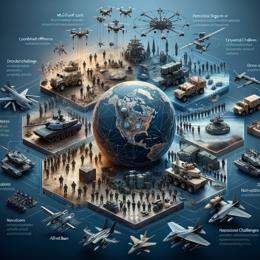Image: AI generated for illustration purposes
Minister Naledi Pandor Calls for Renewed Focus on African Development amid Global Tensions
The international community's attention has been drawn to global tensions that threaten to overshadow the developmental momentum that Africa has gathered in recent decades. South Africa's Minister for International Relations and Cooperation, Dr. Naledi Pandor, spotlighted this critical issue during her address on the second day of the prestigious Cape Town Conversation conference.
Minister Pandor drew attention to a troubling observation; the globe's focus on areas of geopolitical unrest and polarizing conflicts has inadvertently diverted energies away from the African continent, which is teetering on the brink of regression after having made significant strides toward democratisation.
With a rich tapestry of cultural diversity and a wealth of natural resources, Africa is poised for development. However, it requires innovative leadership that can harness these attributes effectively. Dr. Pandor made a rallying call for such leadership, looking toward individuals or entities capable of uniting the continent's diversity and transforming its abundant natural wealth into sustainable growth and prosperity for its people.
Concerns raised by the esteemed minister stem from a noticeable trend—a mounting number of conflicts within the continent, particularly in West Africa, which has experienced an unsettling resurgence of coup d'états. Additionally, there are identifying factors indicating a worrisome decline in the observance of democratic practices and a stalling in the development of institutions for the public good.
These disruptions to African stability and advancement have menacing implications for the continent's aspirations of momentous and fundamental transformation. With a reported 20 conflicts ongoing, the urgency for intervention, support, and refocused interest in Africa is manifest.
The call is also for meaningful international partnerships that do more than just meet the criteria on paper. These alliances need to catalyse real-world progress, steering development through industrialization and bolstering African economies. Such strategic cooperation is imperative to create a paradigm shift that can yield actual milestones for the African developmental agenda.
The message is clear: while global tensions should not be ignored, it's critical that they do not lead to the neglect of an entire continent's future. Africa's challenges require actionable solutions—solutions that can only emerge from a concerted and focused effort from the global community and African leaders alike.
Dr. Naledi Pandor's remarks resonate as a reminder and a call to action—for Africa cannot afford to be pushed to the sidelines in a world where interconnectedness is more pronounced than ever. It stands as an appeal to the world not to forget that the stability and success of Africa matter—to its people, and to the world at large.










